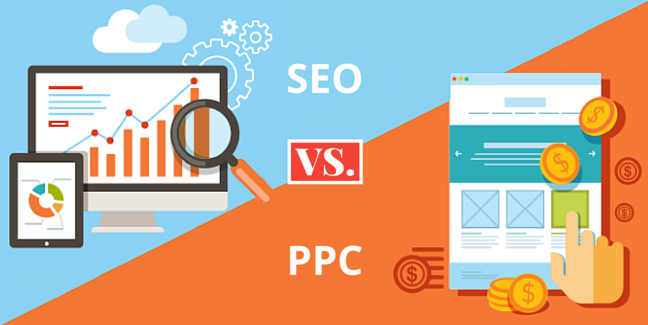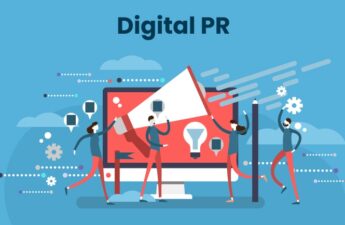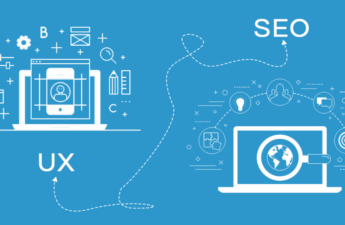Which is better, PPC or SEO is a topic we are asked quite a bit about. This question cannot have a generic response because it relies on your present circumstances, goals, and market. The ideal strategy for your particular and constantly-evolving case will depend on how well you understand your potential consumers’ online behaviors and if sponsored search, organic search, or a combination of both is the best option.
In this article, I’ll examine the advantages and disadvantages of SEO and pay-per-click marketing strategies and offer advice on picking the best channel for your company. Vega will explain how to combine SEO and PPC for better results from your search marketing efforts when both organic and paid are appropriate.
Describe SEO
Search Engine Optimization is a collection of best practices to raise your company’s position in Google, Bing, and other search engines’ organic search results.
Numerous strategies put great user experiences first, including keyword research, on-page optimization, technical optimization, and link development. Your website may increase leads, sales, and quality visitors by placing higher in search results.
Describe PPC
In PPC advertising, commonly referred to as Paid Marketing, you pay for higher search prominence. It includes banner advertisements as well as sponsored shopping lists. PPC may become your preferred option if you choose specific data to inform your marketing tactics. You will be charged for each click on your advertisement because it operates on the pay-per-click principle.
Comparison between SEO and PPC
Although they technically represent the two sides of search engine marketing, any competent marketer knows that both of these channels have a place in a larger digital marketing plan. You won’t have to worry about whether one is “better” if you use PPC and SEO to accomplish different aims.
Help Finding SEO Keywords with PPC Ads
You may test your SEO keyword approach by focusing your PPC advertising on those search phrases. The test findings will be easy to comprehend, and you can choose whether to incorporate those keywords into your long-term SEO plans.
For a week or two, set up a test in Google Ads and run it for important phrases or target audiences. If the test is successful, you’ll have an excellent dataset to iterate the modifications across various landing pages presented at the top of search results when the testing time is over.
PPC Can Help in a Competitive SEO Environment
PPC campaigns offer one clear advantage: the possibilities are endless if you have the money. Create a campaign, select a few keywords to target with suitable bids, and presto. Your website appears at the top of the page for those phrases. If you’re ready to pay the money necessary to rank higher than your rivals, you may accomplish so almost instantly. It needs more time and upfront work to outrank your competitors in SEO.
Reaching Prospects at Every Stage of Their Journey with SEO and PPC
Few customers will come to your company via a single route. Before making a purchase, they could see social media advertisements, discover your content through a Google search, and click a retargeting display ad.
Remarketing advertisements are one example of how PPC and SEO may work together to keep your brand at the forefront of customers’ minds after an initial organic search touchpoint. You may even tailor your messaging to encourage interaction with specific content.
More traffic overall
Targeting high-performing keywords with both PPC and organic search will increase the overall volume of visitors to your website. Targeting crucial keywords twice broadens your reach across several listing forms and boosts the possibility that customers will come across your brand.
By offering authoritative, in-depth content that explicitly answers the target audience’s demands. Organic search engine optimization fills the trust gap between consumers and sponsored advertisements.
Conclusion
SEO and paid marketing are sometimes seen as rival strategies by marketers. SEO is a labor-intensive process that takes a long time. However, your site will expand as you improve your website, make blog articles, build inbound and outbound connections, and post guest blogs.
As your content gains a reputation over time, search engines will increase traffic to your website. PPC is rapid and an excellent test for confirming your goods quickly. However, your adverts stop when you stop paying search engines. Because search engines will evaluate the advertisements, just like SEO, you should test, monitor, and edit them before spending money on PPC advertising.



